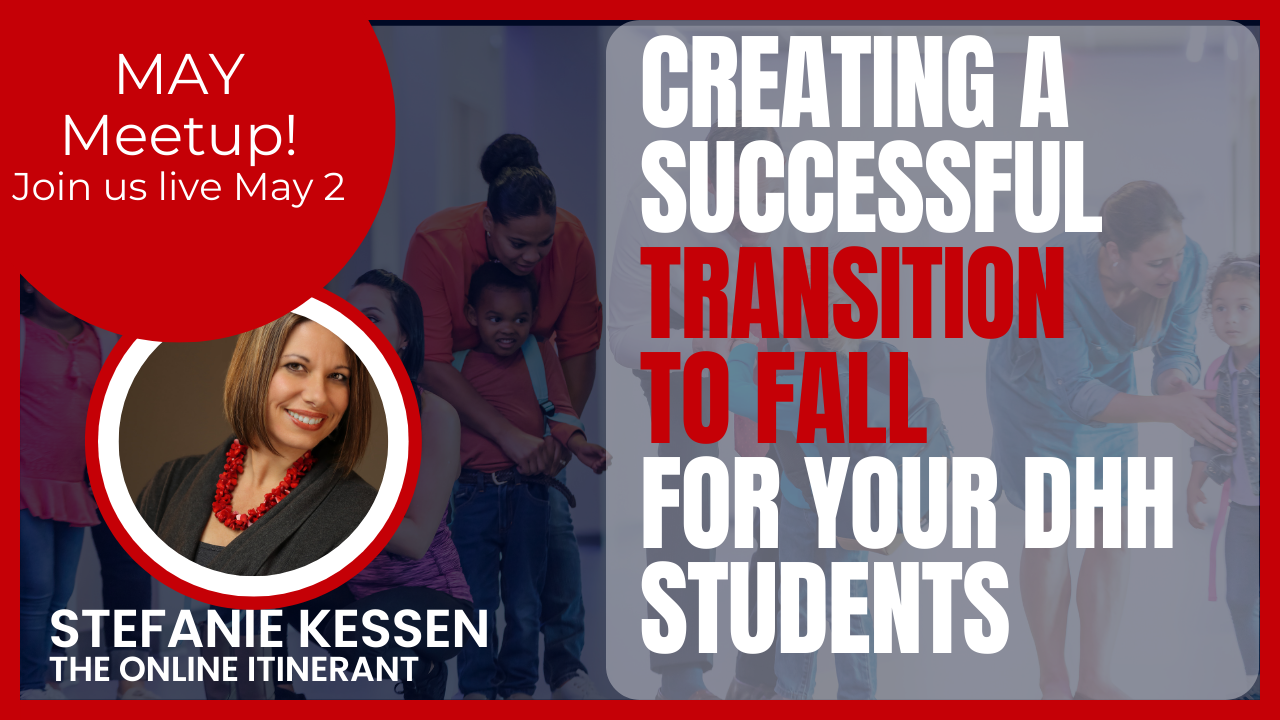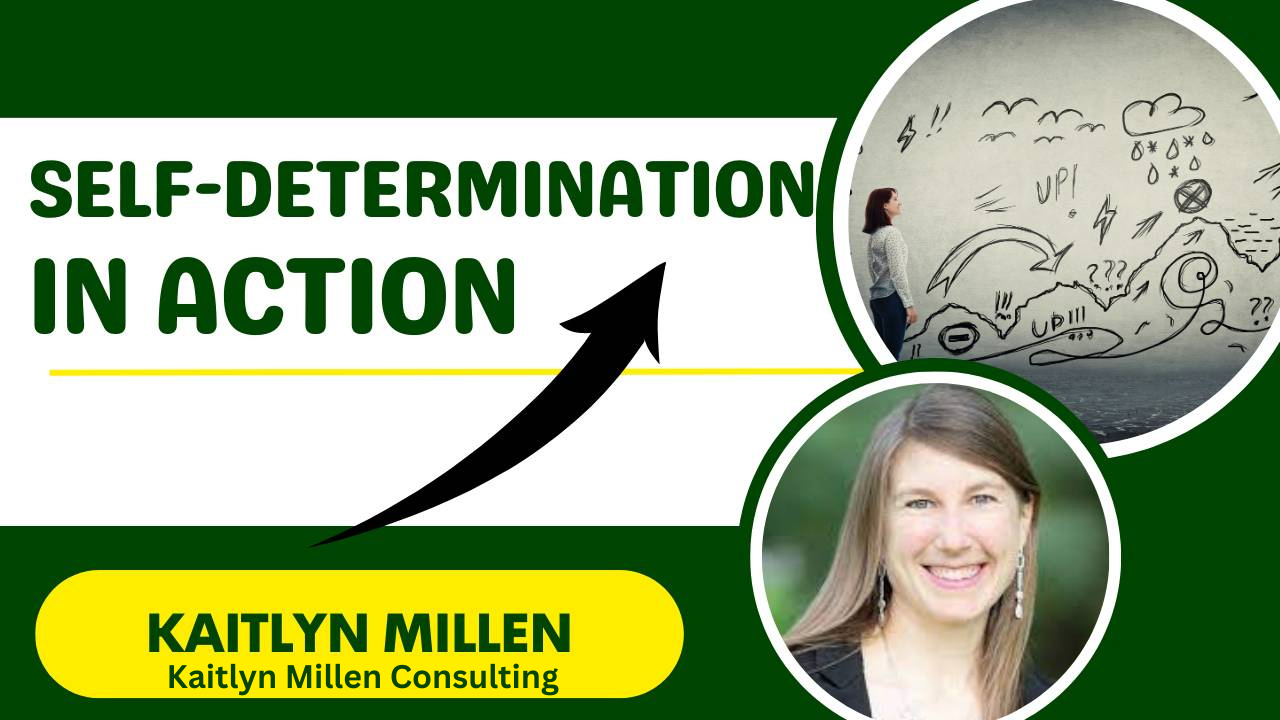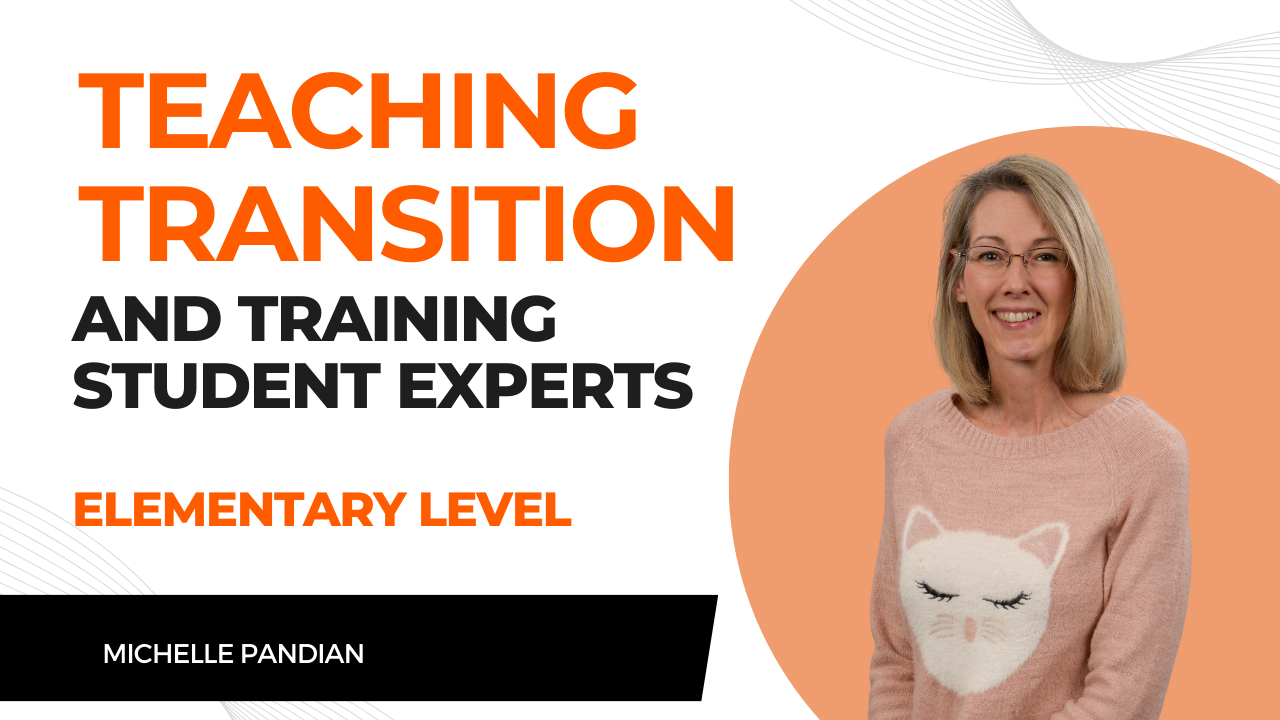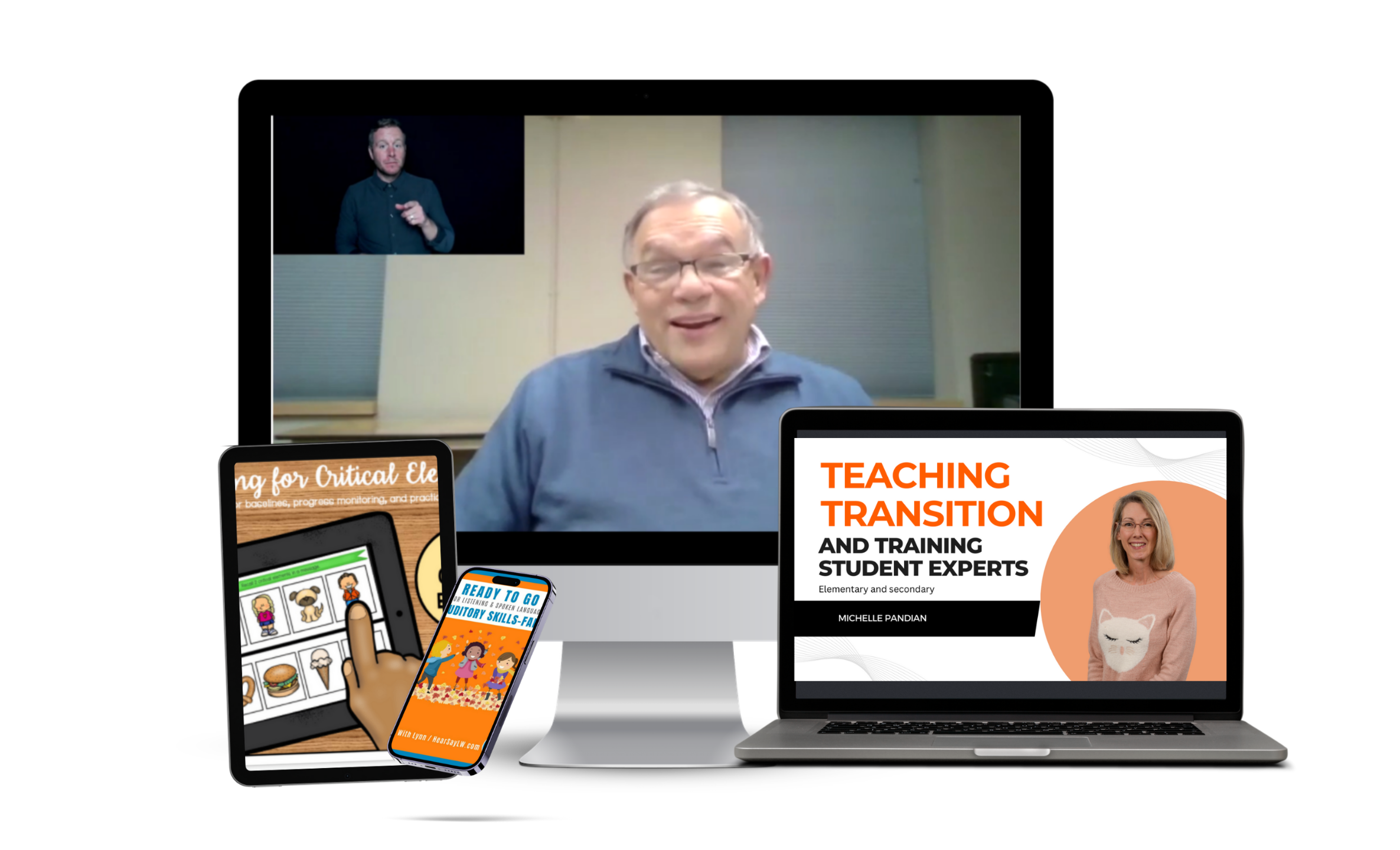Trainings For Professionals
Meaningful Professional Development. When you need it.
On-demand. Short sections. From any device.
Even from our app.
*All trainings are interpreted into ASL*

Assessments, IEPs, & Legal Considerations






Collaboration and Mainstreaming










I just have to say I LOVE what you are doing with the Online Itinerant.
You and the amazing presenters have helped me tremendously in such a short time. Thank you so much for all you do. You are truly making a big impact in my life and early education/experience in this profession.
Tracy Allen
Interpreter and DHH Teacher
Deaf And Other Considerations





Itinerant Teaching








According to the Council for Exceptional Children, credentialed teachers of the deaf and hard of hearing are critical to provide:
-
Appropriate evaluation
-
Effective educational programming and planning
-
Student-centered instruction in academic, linguistic, and social-emotional content
-
Meeting the requirements of [the Individuals with Disabilities Education Act] and [the Americans with Disabilities Act]
-
Securing positive outcomes for students and schools
-
Providing specialized instruction and support to meet the specific language, communication, academic and social needs of students who are [deaf or hard of hearing].
Communication.
Professionalism.
Quality.
The Online Itinerant is a wonderful place to get suggestions and recommendations for almost every aspect teachers of the deaf/hard of hearing encounter. I am walking away with great organizational ideas that within one day, I put into practice. It is nice to know there is a place to go and talk things out with others that can share experiences and ideas!
Susan Rikard,
Itinerant Teacher of the Deaf

Language and Literacy








If children do not receive frequent, accessible language before the age of 4, they may never achieve fluency in any language which can stunt cognitive development.
Self-Advocacy & Transition




"I was a special education teacher for 11 years.

Social/Emotional Developement





A report completed by the National Deaf Center (NDC) on postsecondary outcomes explains:
- Deaf individuals experience social‐emotional difficulties at a rate as high as two to three times that of their hearing peers.
- Deaf children and adults are three to five times more likely to have a serious emotional disturbance than their hearing peers.
- Personality disorders and childhood behavior problems are three to six times more prevalent for deaf individuals,” (2019)
Technology





Like what you see?
What are you waiting for?
Get the Trainings!











